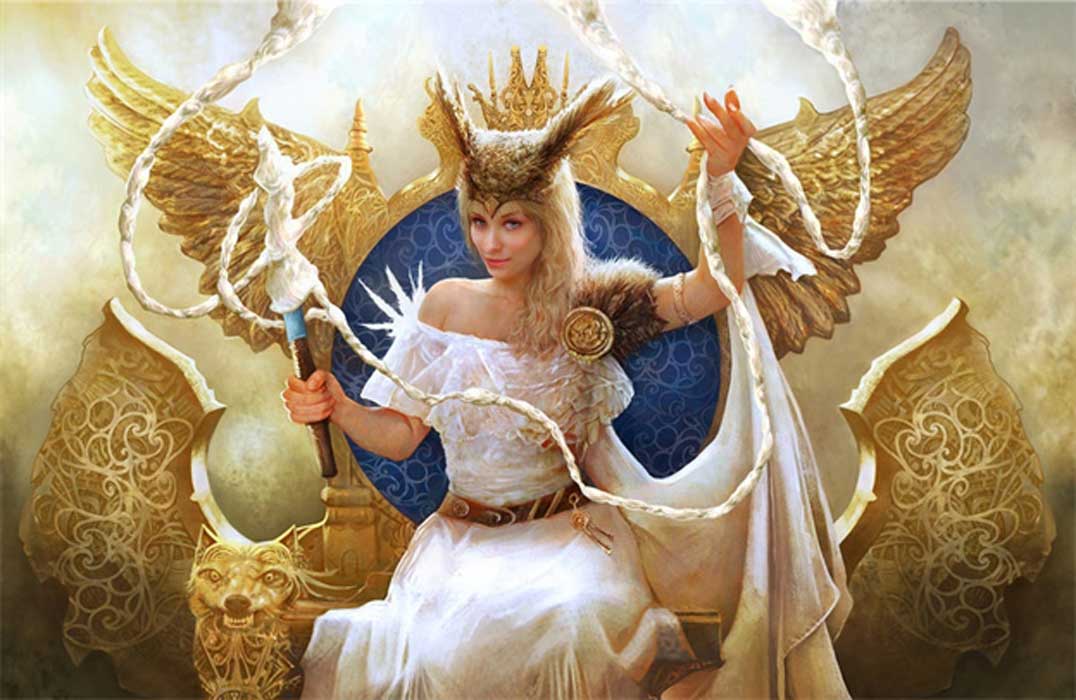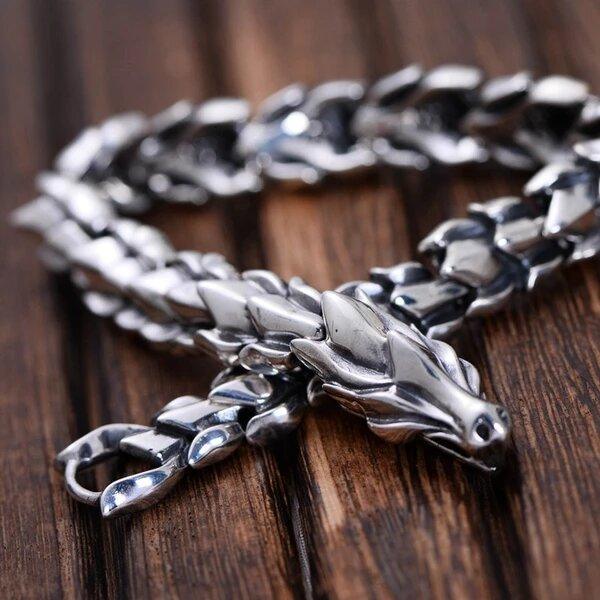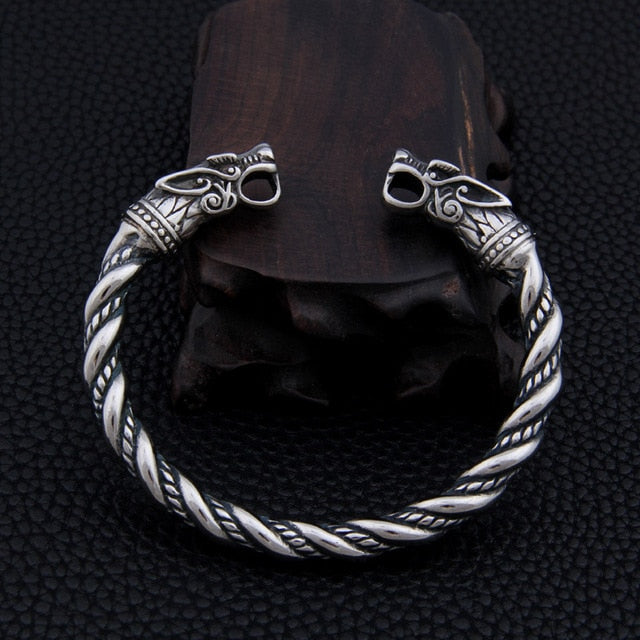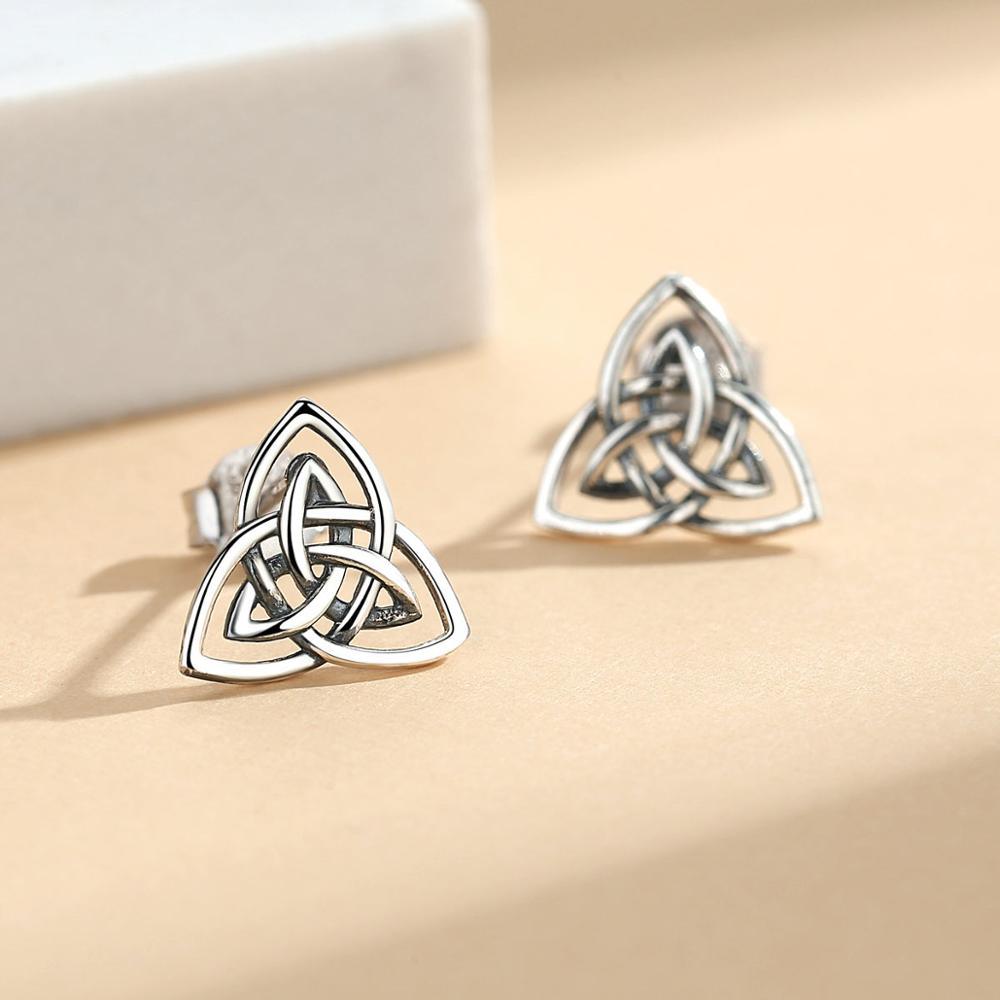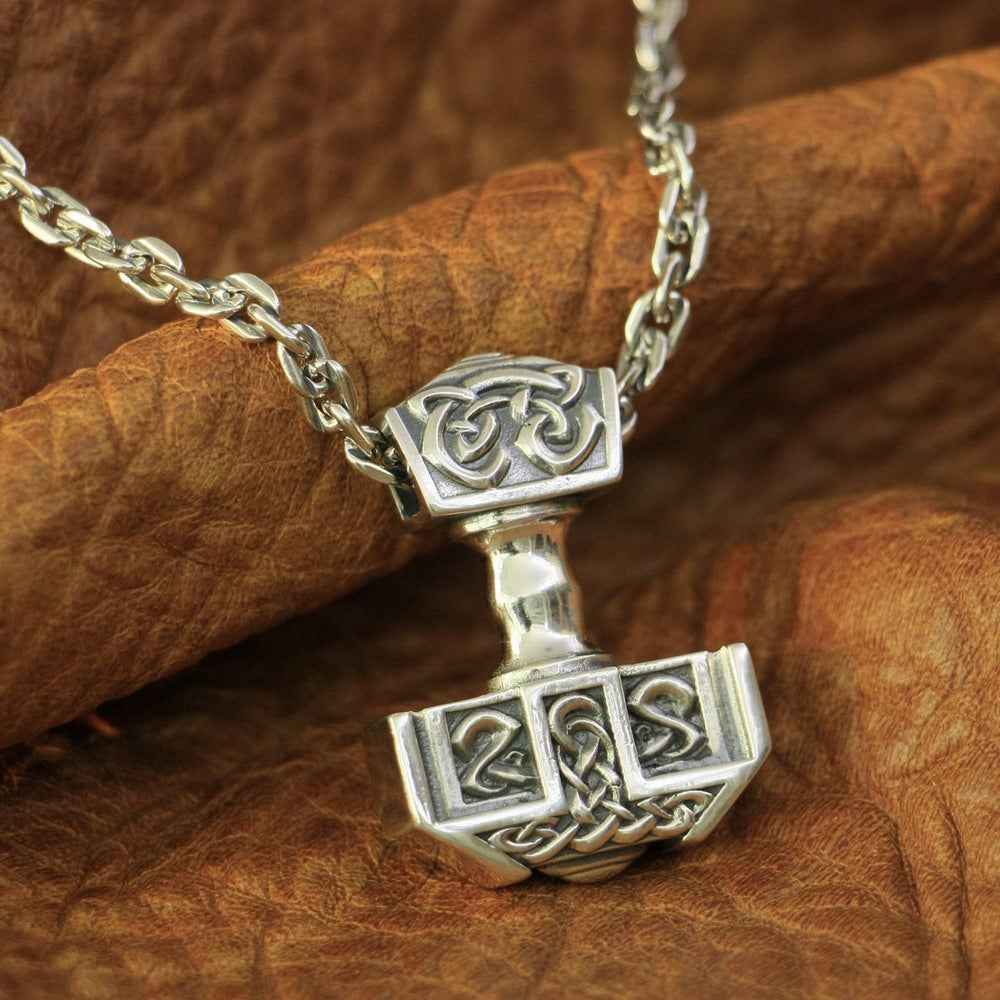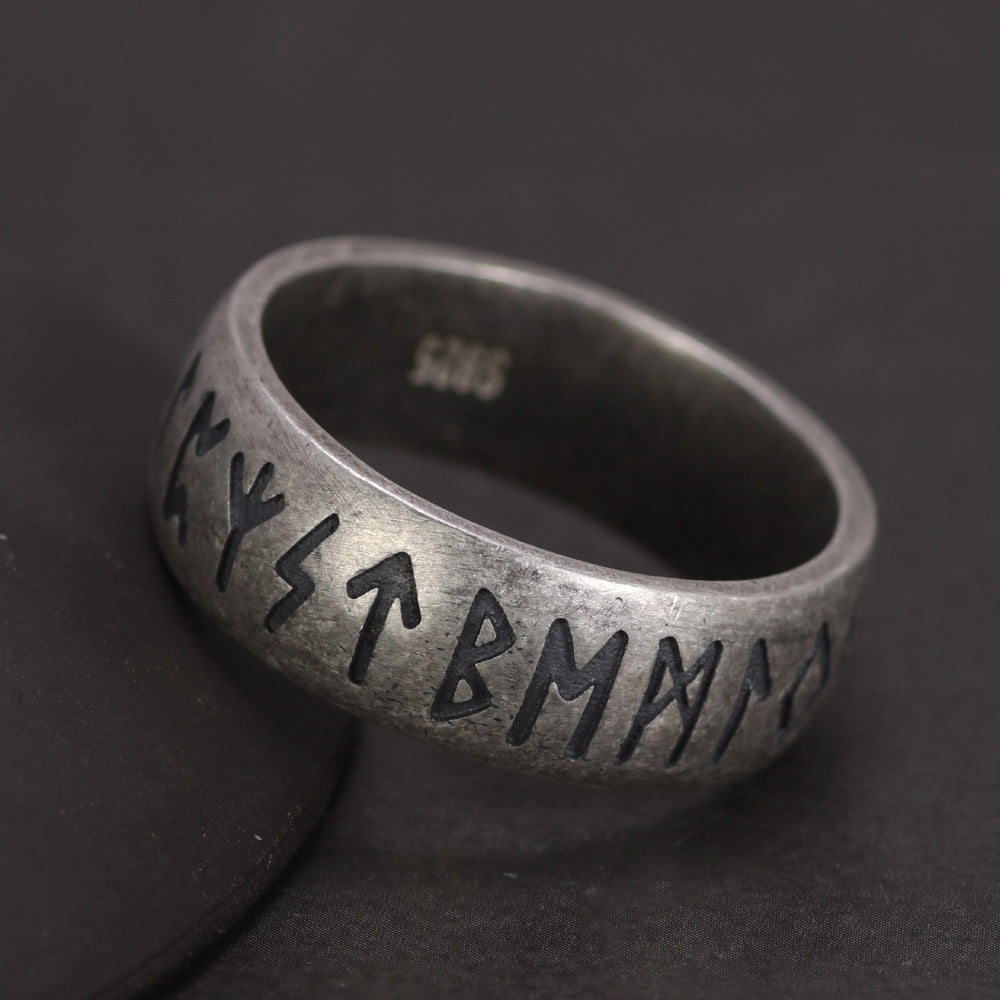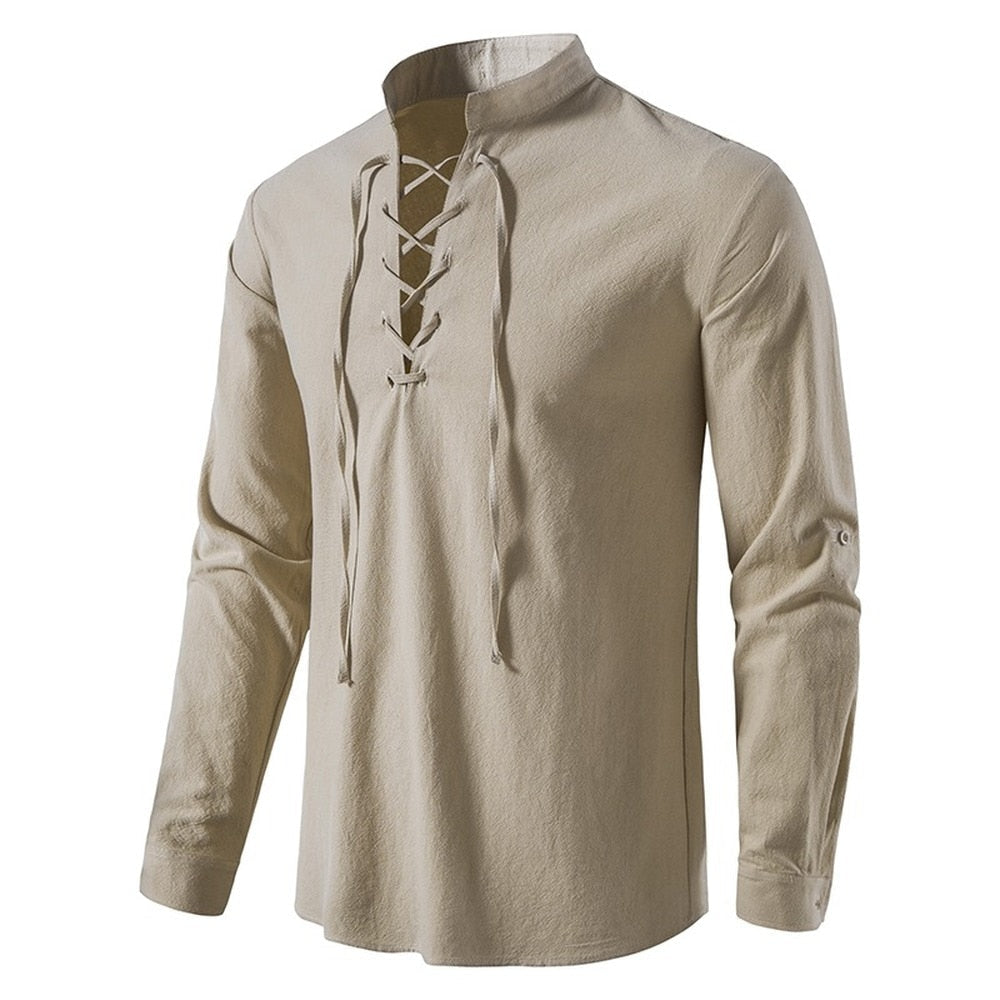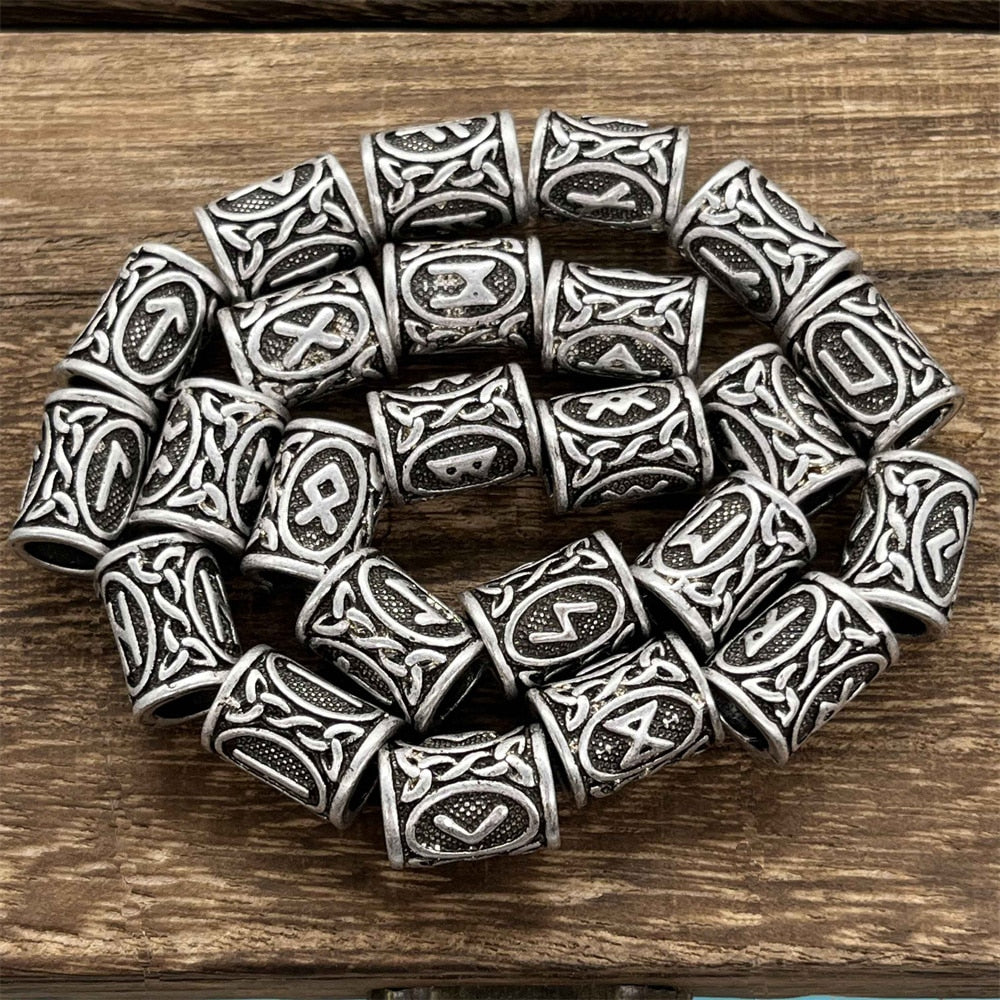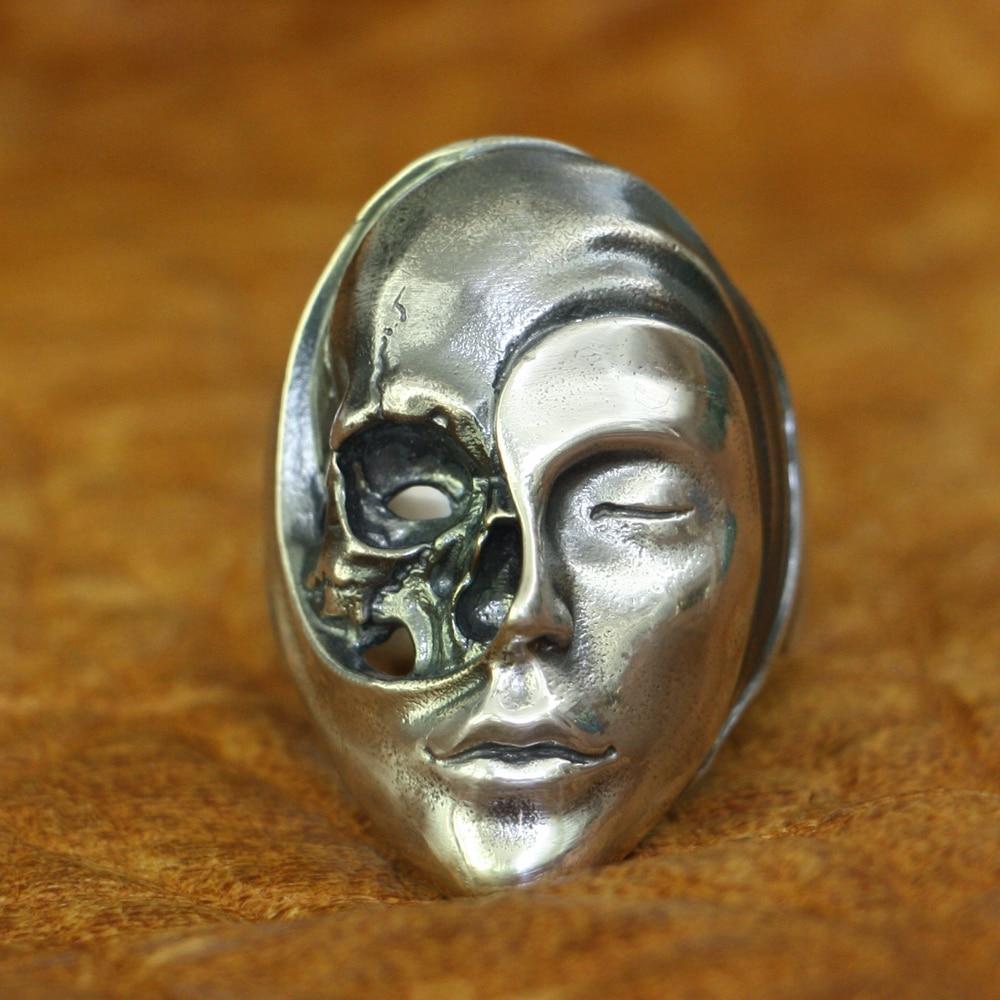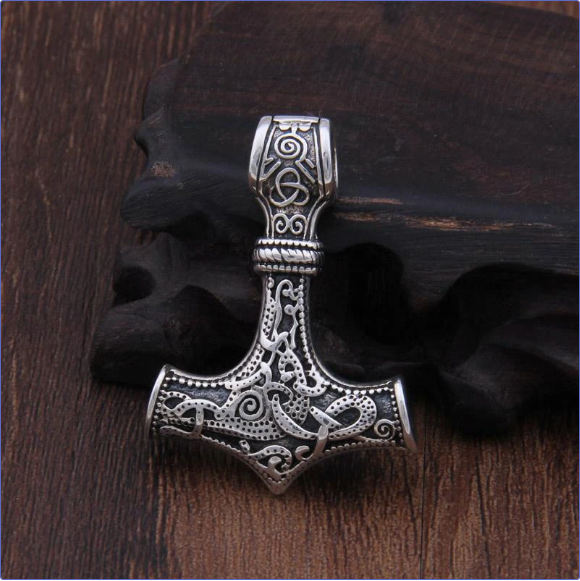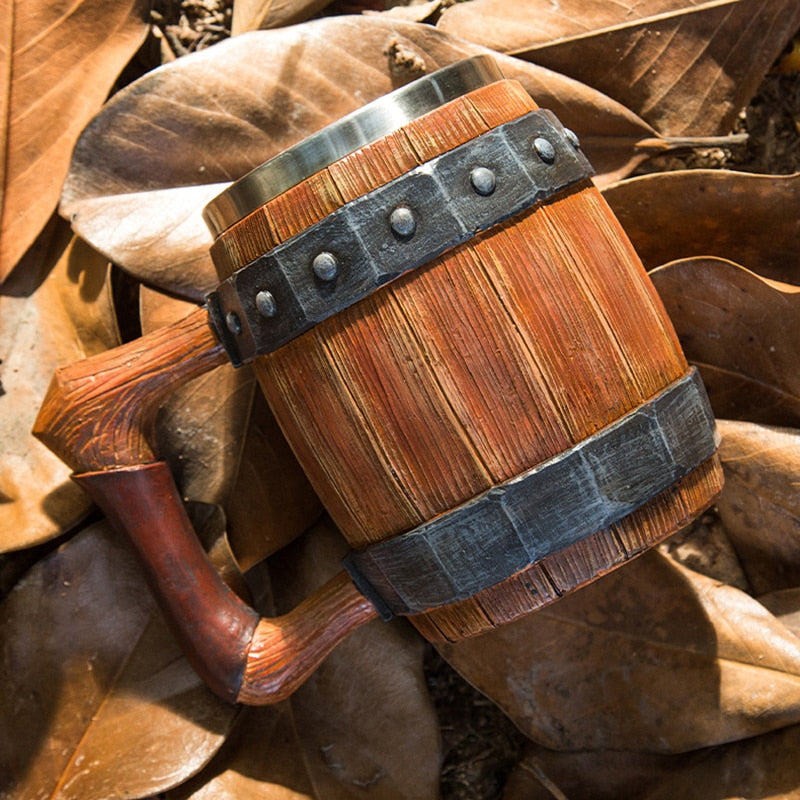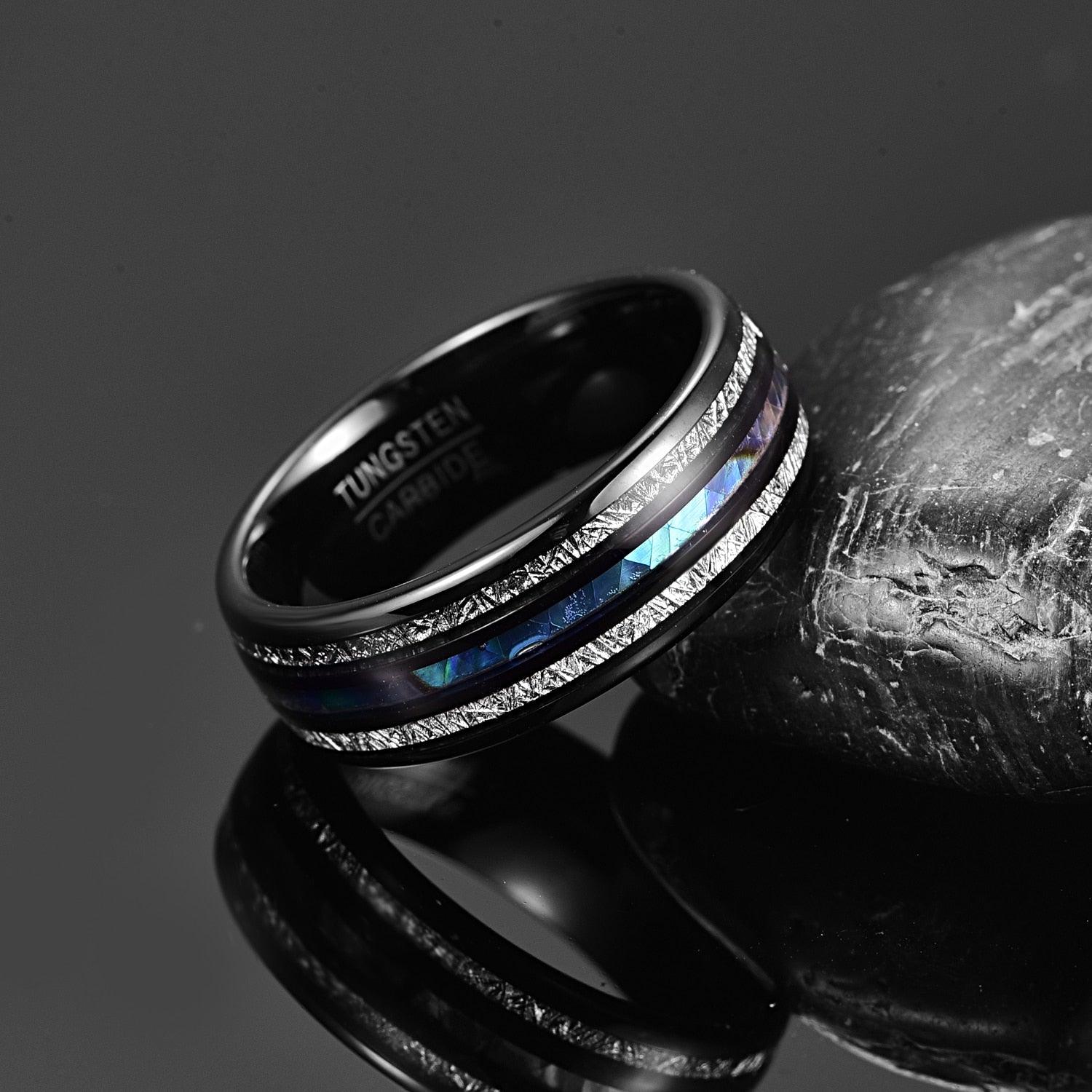Frigg or Frigga (which means Beloved in Old Norse) is the queen of the Æsir, Goddess of love and marriage, wife of Odin and the mother of Baldr, Hodr and Hermod. She is not the mother of Thor, which was a Jotun called Jörd, (Old Norse for “Earth”). Frigg's hall is called Fensalir, which means “hall of the marshlands”. The English day of the week “Friday,” is directly related to the Goddess by way of the Old English word Frīġedæġ, which means “Frigg’s day.”

Frigg’s importance cannot be overstated. She is in charge of all aspects of the domestic live and coexistence, which in turn grant her power and reach much further than the extent of the hearth. As the Goddess of family, she is in charge maintaining peace and social order in the household, which gave her the title of “Lady of the Hall”, keeper of the mead horn during feasts. This association with feasting, keeping peace and social order made her a patroness of diplomacy, and she was often called upon by Kings and Jarls in such matters.

As the Goddess of the family life and household, queen Frigg is said to use the wool of the cloud sheep to weave and spin Æsir garments, and is often called upon by her devotees for aid in the domestic arts and cottage industries, in particular the spinning of wool.
Frigg holds power over many areas of life, and was associated with fertility, marriage and the household, love and sexuality, wisdom and prophecy. Some of the traits are also associated with the Vanir Goddess Freyja. Like Freyja, Frigg is also a völva, or practitioner of the magical art of Seidr, able to divine or alter the future through ritual magic, which is a key factor during the events related to her son Baldr.

Frigg and Baldr
The night in which Frigg gave birth to Baldr the God of light and joy, is known by the Norse as “Mother Night”. It is the longest night of the year, and marks the beginning of Yule. (Bear in mind that historians disagree on the correct date for Yule and there are at least three different theories as of when Yule really is.)
Baldr was a source of joy amongst the Æsir, but he had a dark future ahead. Frigg’s gift of prophecy revealed to her in a dream the death of her beloved son, and she immediately took action attempting to prevent this dark fate.
The Queen of the Æsir went to all things that might be a danger; the elements, the environment, diseases, animals, and stones, amongst other things and begged them not to harm her son. There was only one thing that she missed, the mistletoe. When she finally remembered about the mistletoe, Frigg was tired and thought that it was too insignificant, and it would not hurt Baldr.
It didn't take long for the Gods to learn about Baldr's Invulnerability and, perhaps due to sheer boredom, they soon created a game for Baldr, which involved throwing all sorts of things at him, knowing that nothing could hurt him.
Loki was envious of the joy Baldr brought to all around him and, learning about mistletoe, decided seized this opportunity to kill the popular God. He made a dart out of mistletoe (some versions claim it was an arrow), and gave it to Hodr, Baldr's blind twin. Loki told Hordr that he would help him play Baldr's game, and with the trickster’s assistance, the blind God threw the dart at his brother. As Frigg did not demand the protection of the mistletoe, the dart pierced Baldr's heart, slaying him.

Desperate by grief, Frigg made one last attempt to save her son. She sent the God Hermodr as an emissary to Helheim, in order to negotiate with Hel for the ransom of Baldr.
Baldr was an honored guest, but Hel understood the grief of a mother and agreed to release Baldr from her domain, on the condition that all creatures weep for him, a task she considered to be a simple one, as Baldr was well loved by all.
Frigg almost managed to achieve the universal weep, but for the exception of one creature, a giantess by the name of Thökk, who may have been Loki in disguise. As a result of this, Baldr would remain in Helheim until Ragnarok (read more about Hermodr’s ride to Hel here).
Frigg is a very wise and cunning Goddess, and the Germanic people of the Langobards who ruled over Lombardy, nowadays part of Italy, own their very existence to her.
According to the 7th century Origo Gentis Langobardorum, two Germanic tribes were at war: the Winnili and the Vandals. The Vandals came to the Winnili with an army and demanded tribute. The Winnili rejected their demands, and both sides prepared for war. Odin favored the Vandals, while Frigg favored the Winnili. In order to settle the dispute the Allfather decided that whichever tribe he saw first at sunrise would be granted victory.
Odin went to bed content, believing he’d see the Vandals, his favorites, first, since they were visible from his side of the bed.

As the Winnili leaders begged Frigg for her help, Frigg told the Winnili women to tie their hair in front of their chins as if they had beards. When she returned to the bedroom she turned the bed so Odin would rise on the opposite side – seeing the Winniler tribe first. At sunrise, Odin saw the Winnili first, including their “whiskered” women, and asked “who are those Long-beards?” Frigg took the opportunity and replied: “As you have given them a name, give them also the victory”. Odin came through on his promise and the Winniler tribe was victorious. Henceforth the Winnili were known as the Langobards or “long-beards”.
Sources:
Surluson, Snorri. Gylfaginning of the Prose Edda. Translated by Arthur Gilchrist Brodeur. The Internet Sacred Text Archive. Accessed on November 21, 2019.
Heide, Eldar. 2006. Spinning Seiðr. In Old Norse Religion in Long-Term Perspectives: Origins, Changes and Interactions. Edited by Anders Andrén, Kristina Jennbert, and Catharina Raudvere.
Price, Neil S. 2002. The Viking Way: Religion and War in Late Iron Age Scandinavia.
Snorri Sturluson. The Prose Edda. Gylfaginning
Saxo Grammaticus. The History of the Danes.
Grimm, Jacob. 1882. Teutonic Mythology, Volume 1. Translated by James Steven Stallybrass.
